
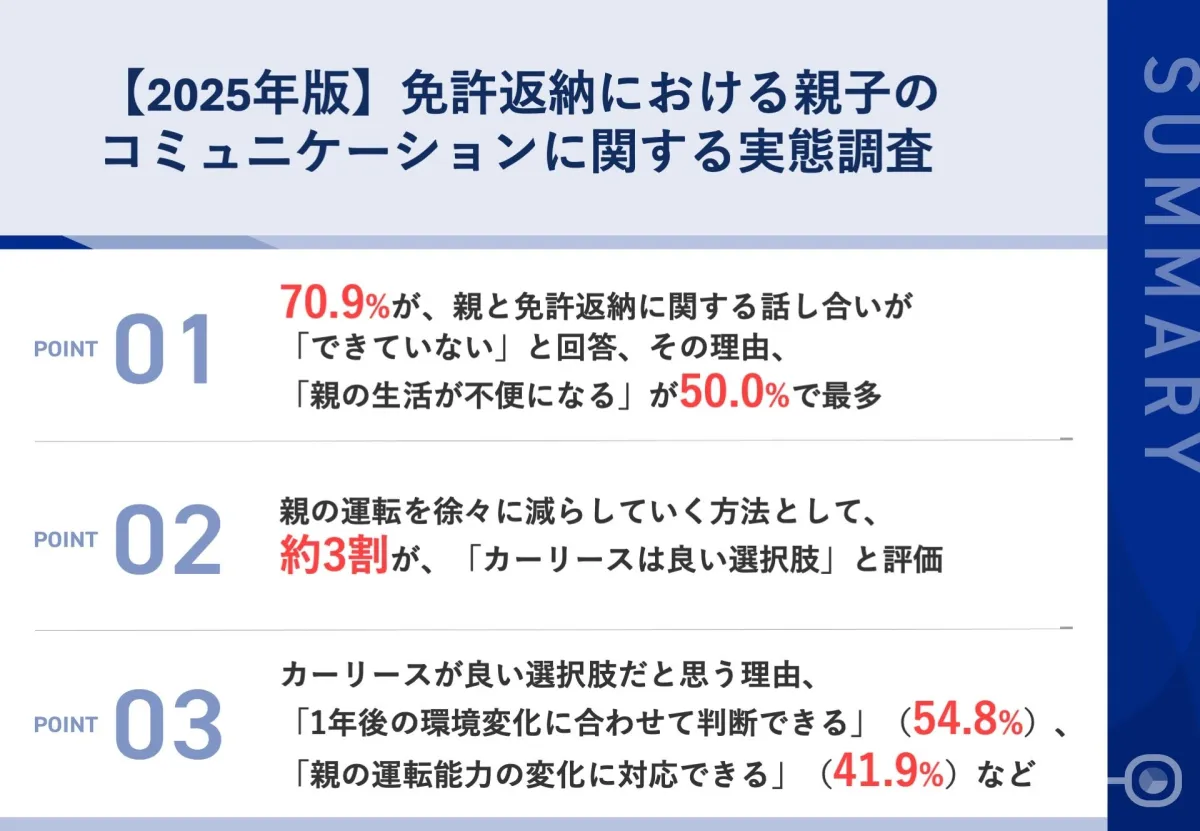
Exploring Communication Gaps in License Surrender Between Parents and Children: 2025 Survey Insights
Exploring Communication Gaps in License Surrender Between Parents and Children: 2025 Survey Insights
In an enlightening study conducted by Joycal Japan, results reveal significant communication hurdles between children and their elderly parents regarding the sensitive topic of driver's license surrender. Targeting 110 individuals with driving parents aged 70 and above living in rural areas (excluding major urban centers like Tokyo, Osaka, and Aichi), the survey sheds light on various concerns and perceptions that dictate these crucial conversations.
The Current State of License Surrender
A staggering 70.9% of respondents reported being unable to initiate discussions with their parents about surrendering their driver's license. The most notable reason, cited by 50.0%, was the fear that relinquishing their license would hinder their parents' daily activities. The emotional weight of this dilemma is palpable, with children often caught between their desire for their parents' safety and their parental autonomy.
When asked about whether their parents had surrendered their licenses, 79% indicated that their parents had not. Additionally, roughly 67.8% believed their parents had no intentions of considering surrendering their licenses, underscoring a profound disconnect in understanding the urgency of the situation.
Factors Hindering Conversations
The reluctance to discuss this topic stems from multiple fears and concerns. Among the reasons cited for avoiding discussions were:
- - 50.0%: Fear of inconvenience to their parents’ lives.
- - 37.2%: Limited transportation options in their area.
- - 20.5%: Uncertainty about the appropriate timing to bring up such sensitive topics.
The emotional ramifications are further emphasized with responses expressing worries that discussing license surrender could be viewed as stripping away their parents' autonomy.
Alternatives to Driving
Interestingly, when presented with alternative transportation options post-license surrender, 40.0% of respondents considered public transportation (buses and trains) to be the most suitable, while 36.4% pointed towards family member transportation as a viable solution. Community services such as community buses were also acknowledged by 34.5%, indicating a growing awareness of the need for flexible transportation solutions for elderly citizens.
The Role of Car Leasing
Notably, there is a burgeoning interest in car leasing as a means to facilitate a gradual transition away from driving. Approximately 30% of respondents viewed car leasing as a positive alternative, with many expressing that it allows for flexibility based on evolving circumstances. Key reasons included:
- - 54.8% appreciated the ability to adapt to environmental changes in the following year.
- - 41.9% recognized its capacity to respond to their parents' changing driving capabilities.
- - 35.5% noted the importance of gradual transition instead of abrupt surrender.
Conclusion
The survey evidences a pressing need for effective communication surrounding license surrender, with many families navigating treacherous emotional waters. It highlights the intricate balance between ensuring the mobility of elderly individuals while prioritizing their safety. As the trend toward leasing vehicles gains traction because of its adaptability and lower financial commitment, it represents a promising solution that could facilitate smoother transitions for aging individuals away from independent driving. Car leasing could serve as a crucial instrument in both ensuring safety and maintaining independence for senior citizens, thereby improving communication dynamics within families about this essential issue.
Final Thoughts
Facilitating these tough discussions is imperative for the well-being of both parents and children. As urban and rural communities continue to grapple with the realities of an aging population, understanding trends like car leasing stands out as a noteworthy strategy to mitigate risks while preserving quality of life.
For additional insights, the full research can be accessed here.



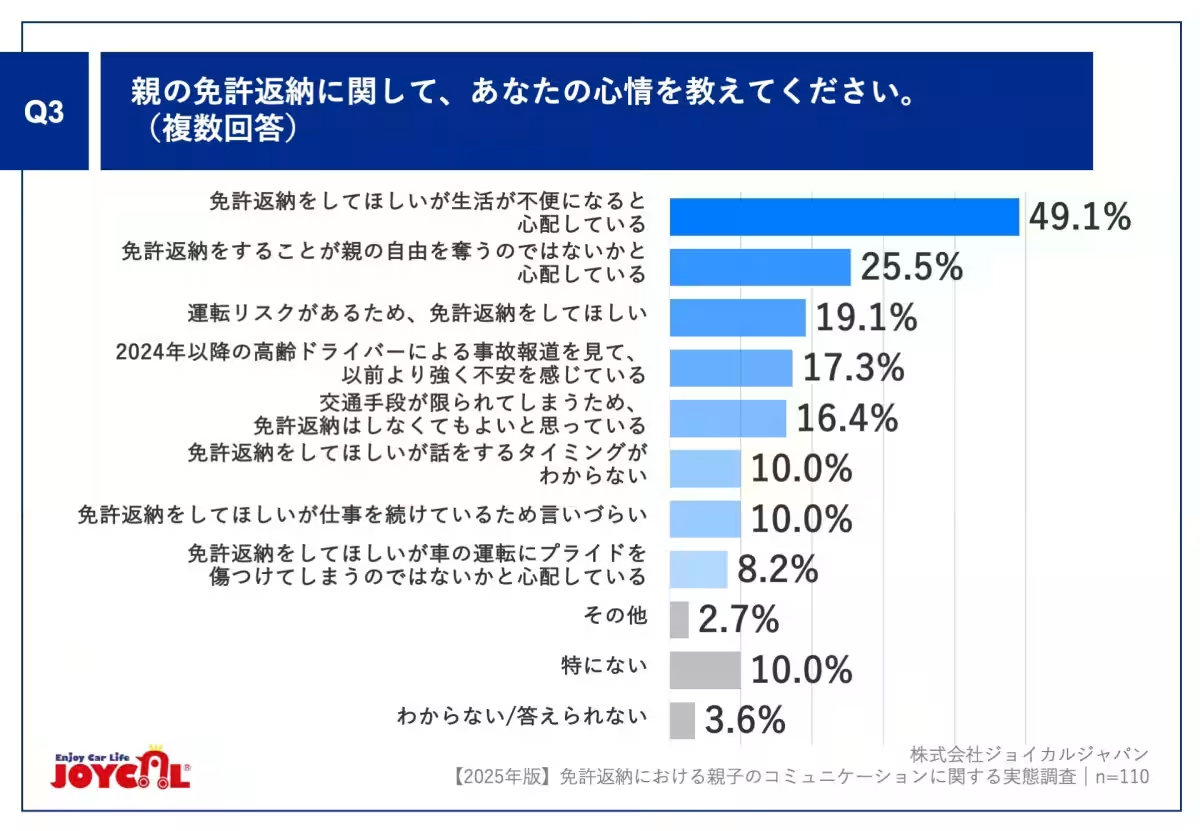
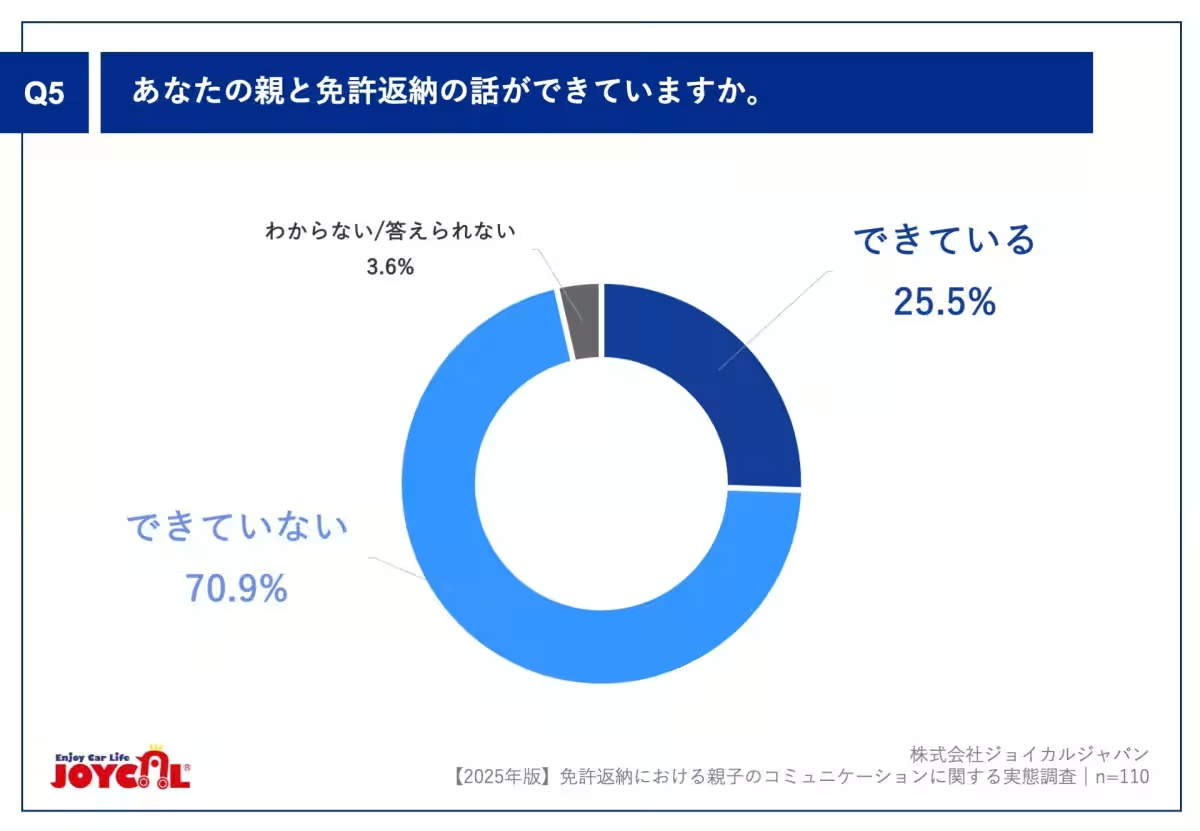
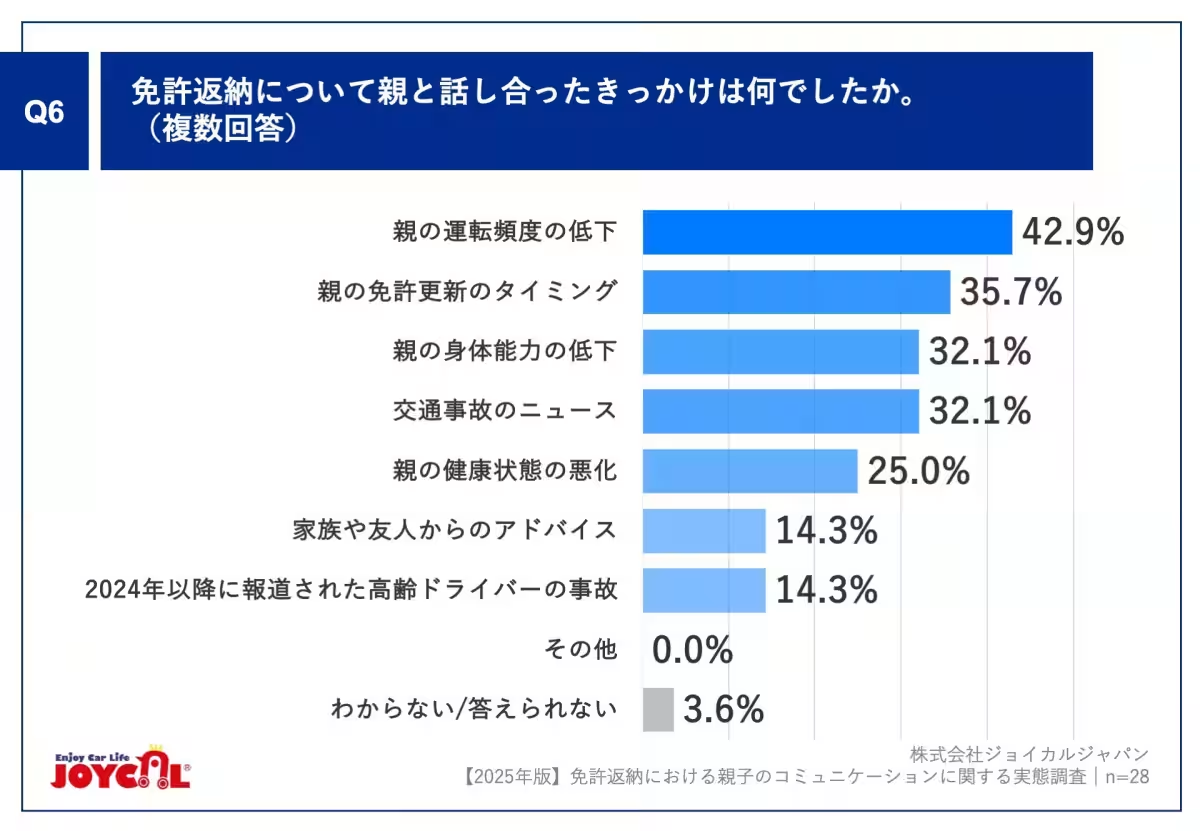
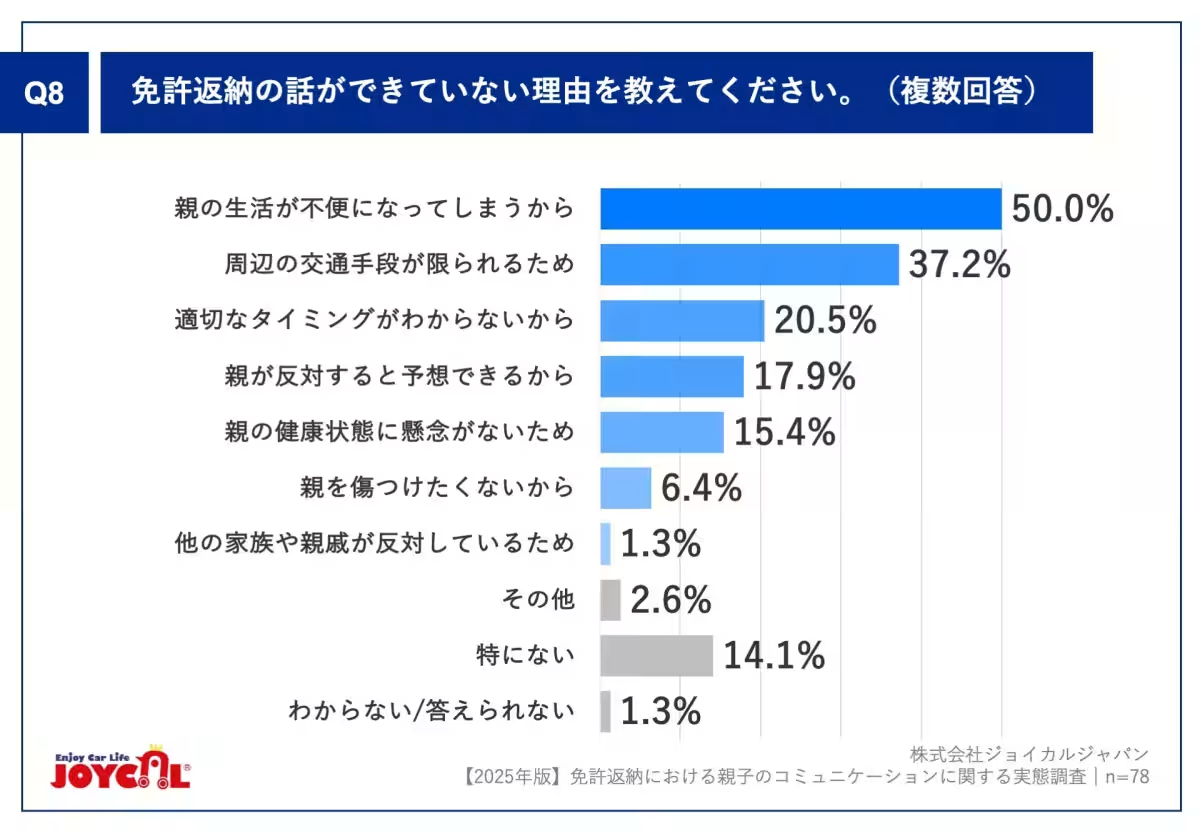
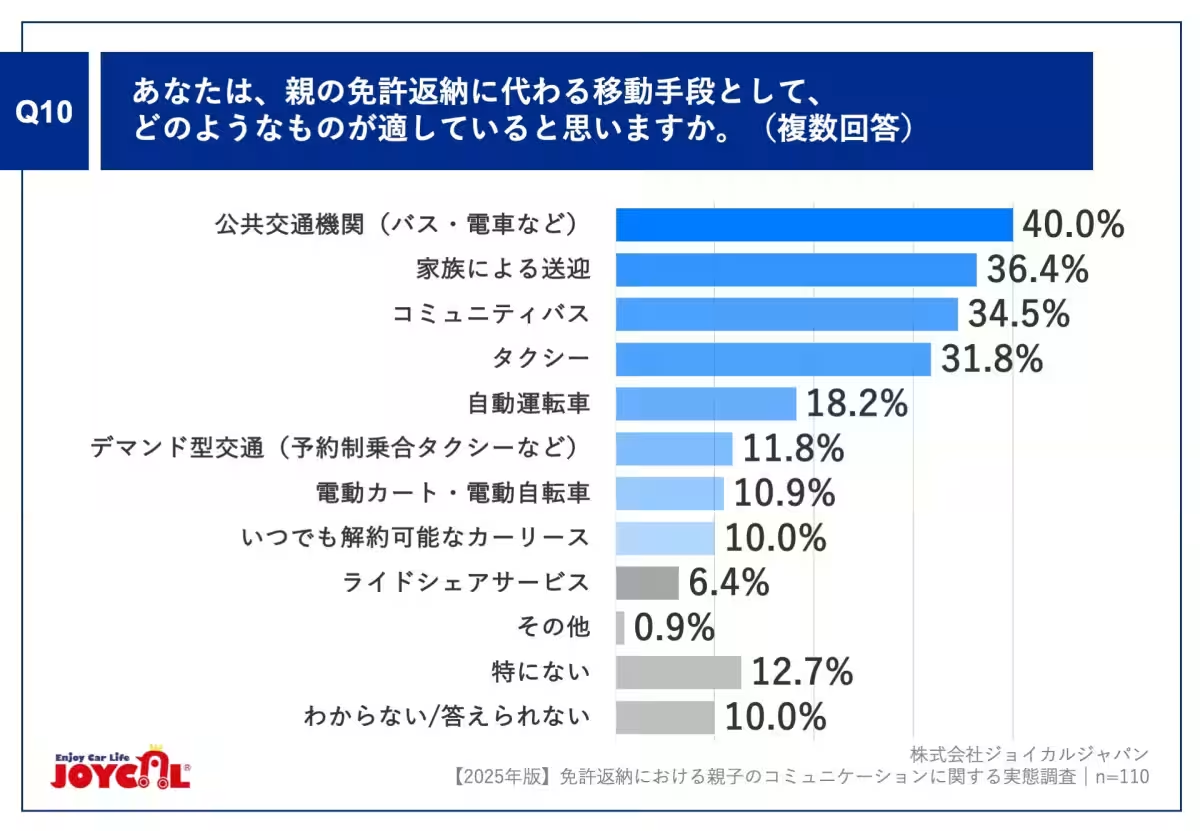
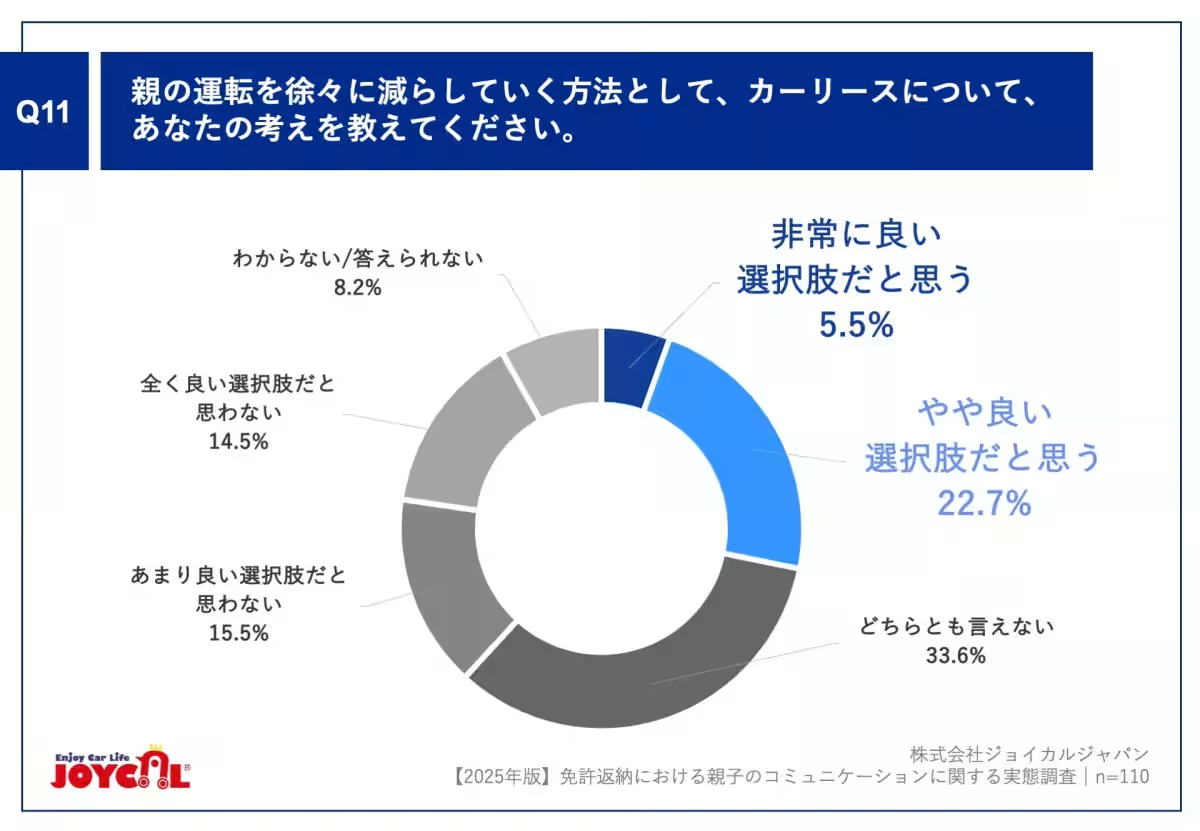
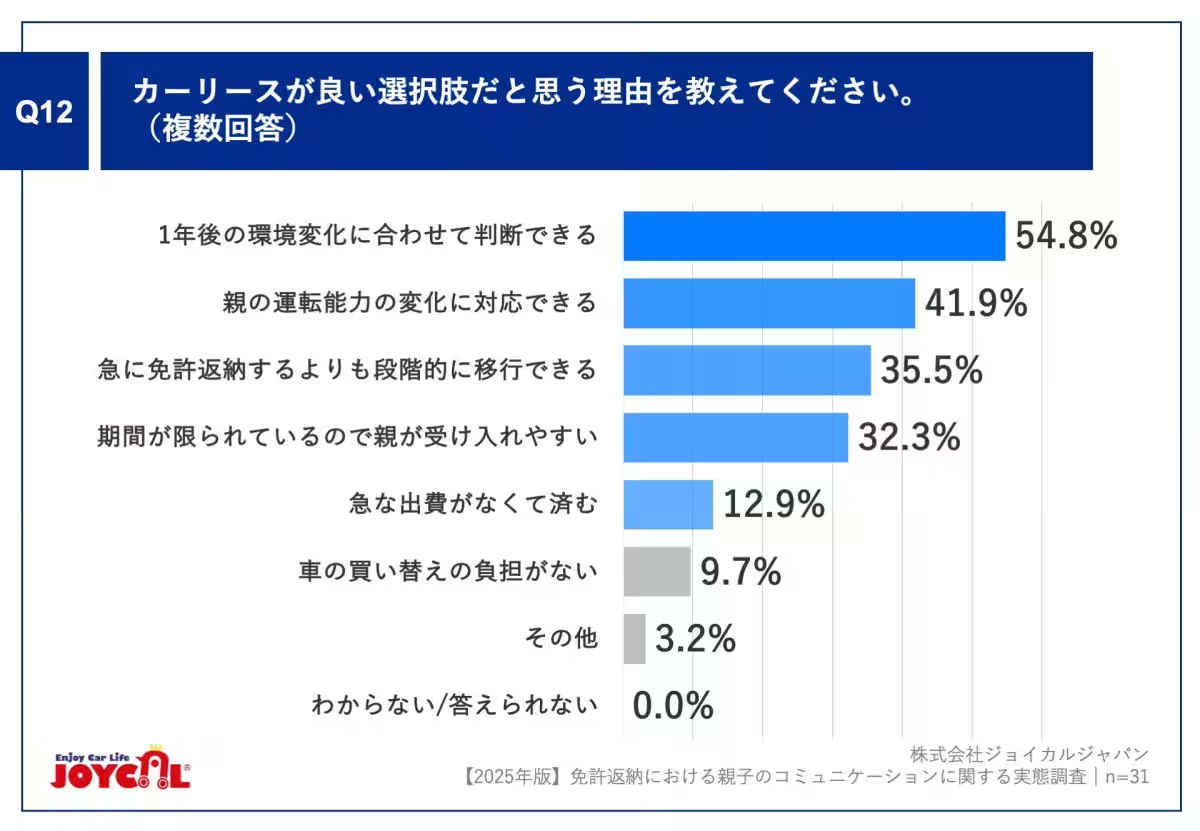

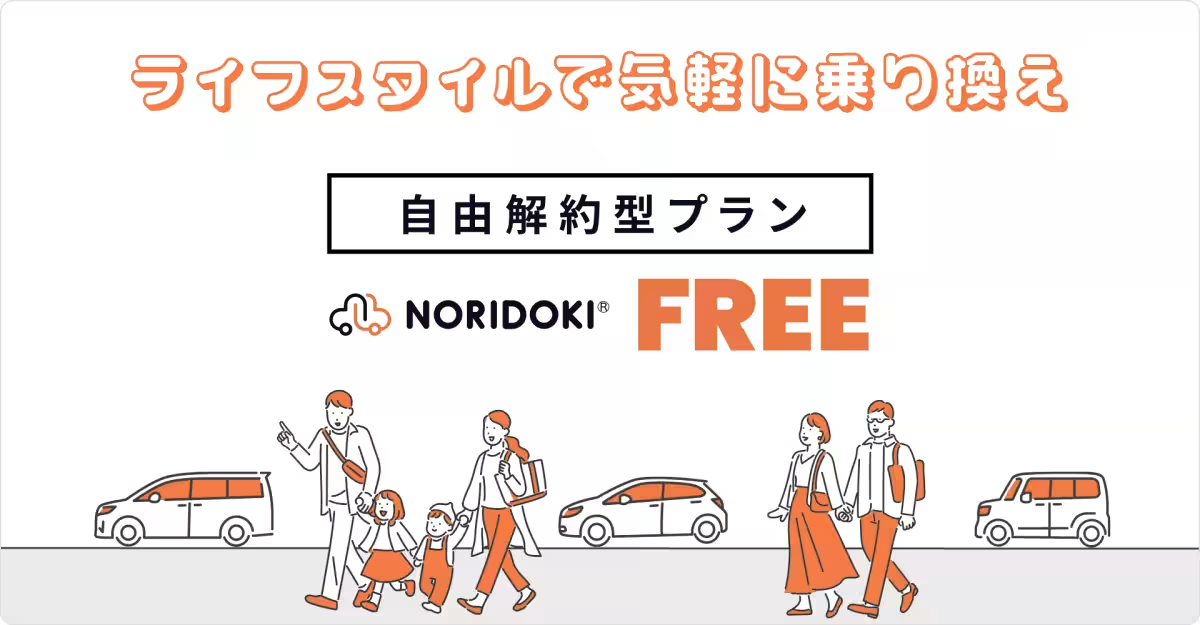

Topics People & Culture)










【About Using Articles】
You can freely use the title and article content by linking to the page where the article is posted.
※ Images cannot be used.
【About Links】
Links are free to use.